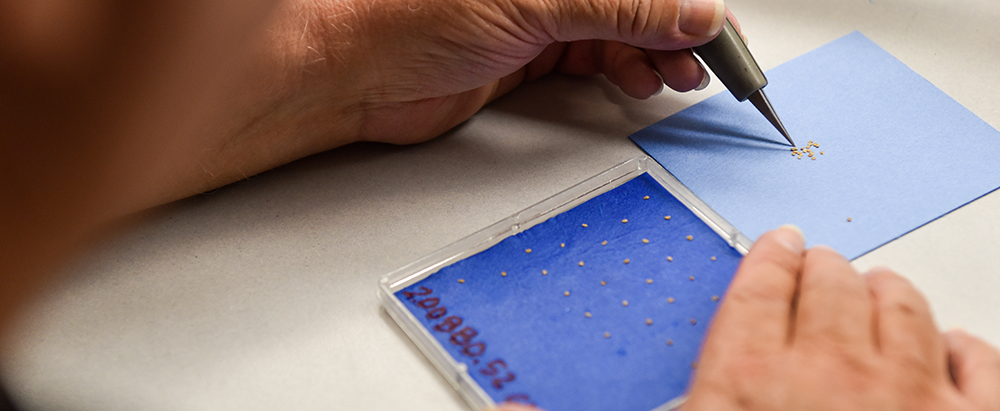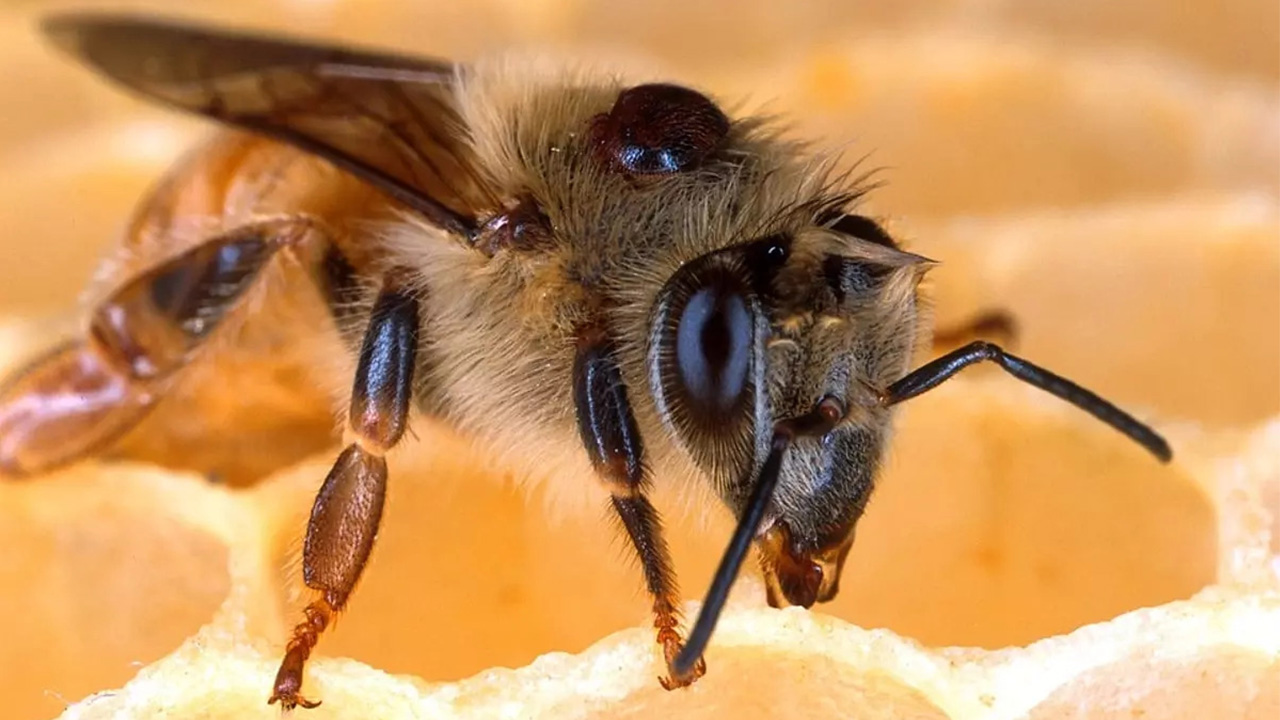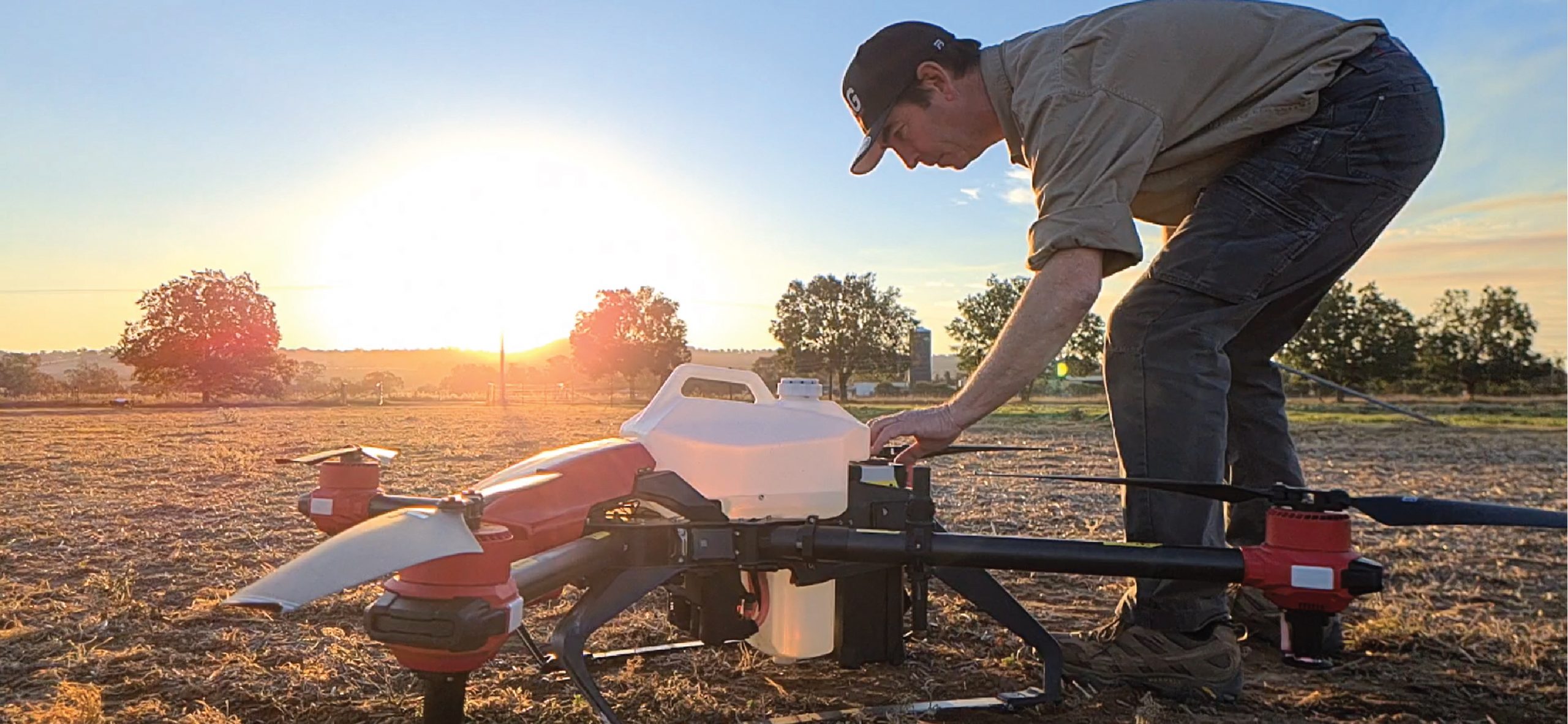Herbicide resistant weeds are now driving the farming system in many areas, reducing crop yields and limiting enterprise options for growers.
There are currently 49 weed species being resistant to one or more 12 distinct herbicide modes of action, with some weed populations resistant to up to 5 modes!
No grower wants to be painted into a corner and forced to make management decisions that don’t fit their short term and medium term goals. The question is how can you be sure the herbicides you are using are going to work and are you spending thousands of dollars on herbicides that are giving poor level control?
Also you might be using expensive herbicides to tackle resistance when older and cheaper herbicides could still be working. These herbicides were ruled out because you thought your weeds were already resistant. How are you going to know?
The only sure way to be certain is to TEST! It is time for advisers and growers to stop talking about which herbicides don’t work and find out which herbicides do work.
Clethodim (e.g. Select®) resistance in ryegrass is a common problem for many growers. Will butroxydim (Factor®) give better control of these problem grasses? The only way to be sure is to either spray the paddock with butroxydim at great expense or test for herbicide susceptibility.
With harvest upon us, now is a great time to evaluate how well this season’s herbicides have worked. Are those dense patches of weeds you see from the header a spray miss, tough seasonal conditions, or resistance?
There are 2 types of susceptibility tests. At harvest, the seed test is a good technique while the Quick-Test® is used either pre- or post sowing.
Seed Test
Collect seed samples before harvest to determine why those weeds have survived all your control treatments. Seeds are then sent to the lab. Test results are normally available in March.
It is easier to collect seed samples before harvest, compared with post-harvest as seed may have already dropped depending on species and cutter-bar height.

How to sample?
It is best to collect seeds from suspect areas that show up as weed patches in the paddock. Collect a similar number of seeds from each plant. Collecting seeds from a small number of plants will bias the samples and might skew the results.
Alternatively, if weeds are widespread, follow a ‘W’-shaped collect pattern every 20-50 metres across the suspected paddock or problem area.
Send dry seeds in paper envelopes or bags to the lab. DO NOT use a plastic bag or similar packaging.
How many seeds?
Sufficient seed needs to be collected and sent, otherwise the number of herbicides tested will be limited. The more herbicides you want tested the more seed you need to send.
Ryegrass: a full handful of heads or one cup of clean seed
Wild oats/ Wild radish/ Barley Grass/ Brome: an A4 sized envelope with seed heads.
Turnip Weed, Barnyard grass : 2 tablespoons of seed.
Mustards and other fine seed: 2 teaspoons of seed.
The Quick-test
The Quick-test uses live seedlings that are express posted to the laboratory. On arrival they are trimmed, re-potted and the regrowing plants sprayed with the herbicides of your choice. Results are available in 3 to 4 weeks, enabling effective management decisions to be made in the current season to prevent viable seed being produced by these resistant weeds.
The Quick-test is ideal for pre-seeding or survivors of early post emergent herbicides.
Note the Quick-test is only suitable for post emergent herbicides such as glyphosate and paraquat or in-crop selective herbicides. To test for susceptibility to pre-emergent herbicides, particularly trifluralin, you must use the seed test.
Testing Services
Seed Test only
John Broster
Charles Sturt University, Wagga Wagga
02 6933 4001
0427 296 641
jbroster@csu.edu.au
http://www.csu.edu.au/research/grahamcentre/
Seed Test and Quick-test
Peter Boutsalis
Plant Science Consulting
T: 0400 66 44 60
info@plantscienceconsulting.com.au
www.plantscienceconsulting.com.au
22 Linley Avenue
Prospect SA 5082
Story and photos courtesy of Andrew Storrie – AGRONOMO consulting




